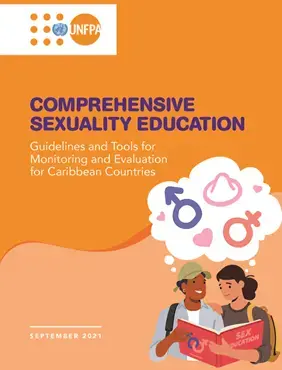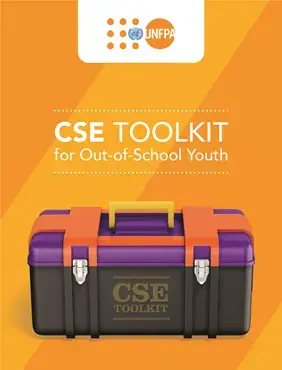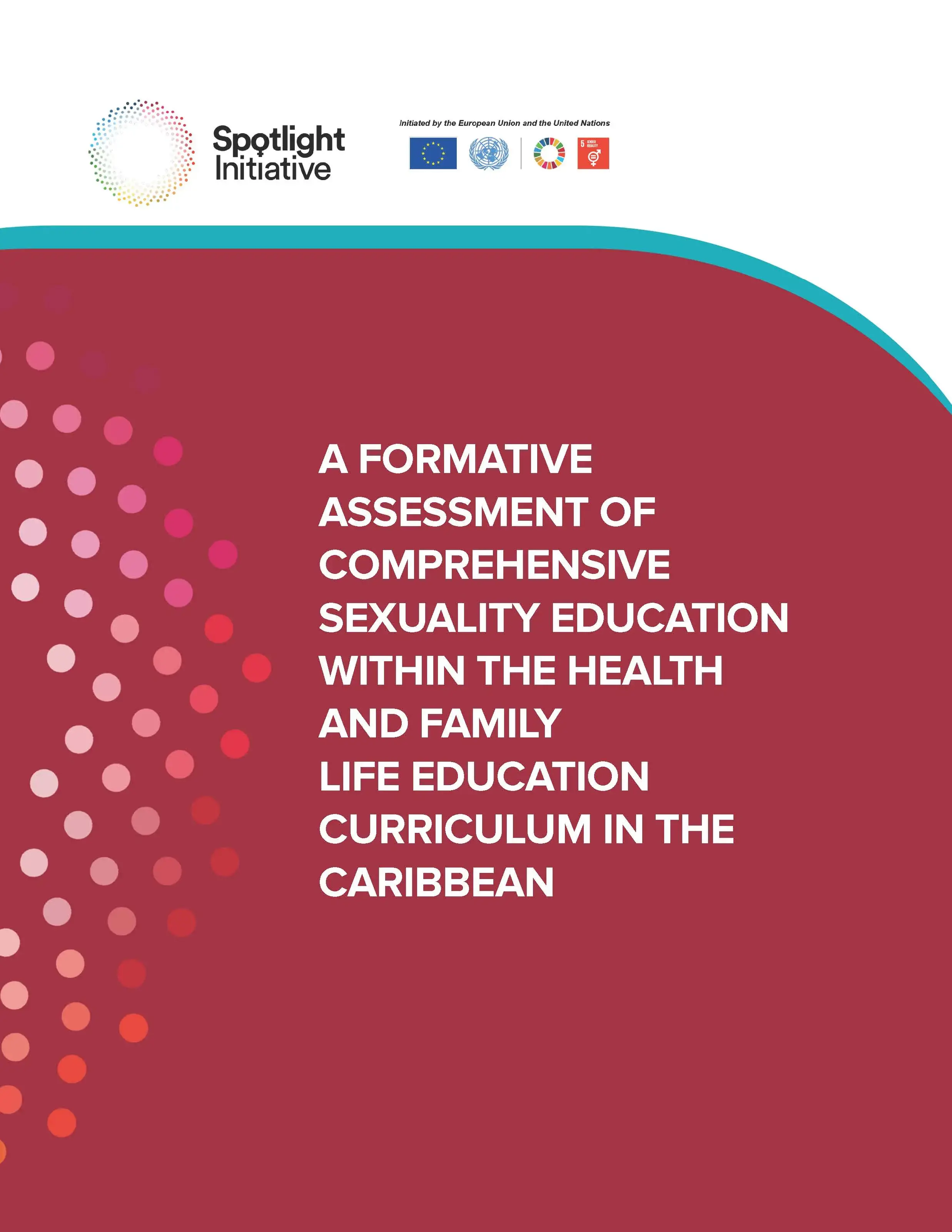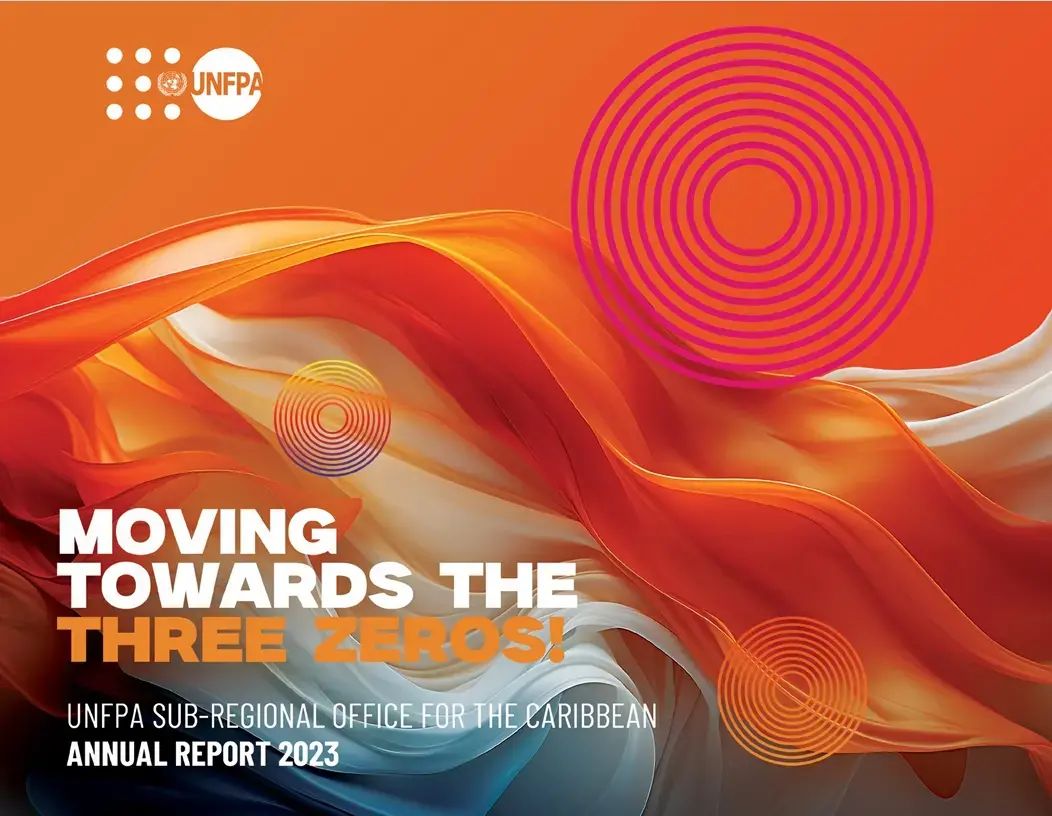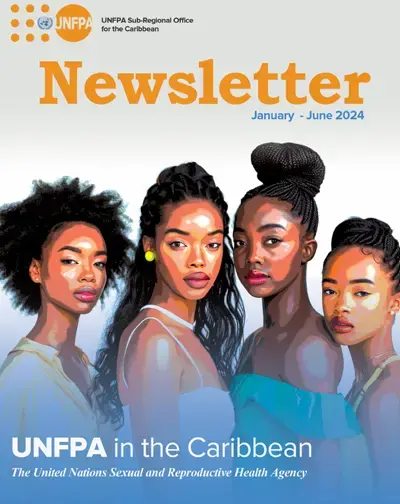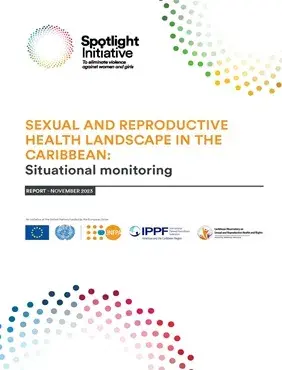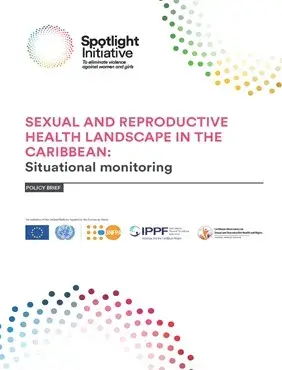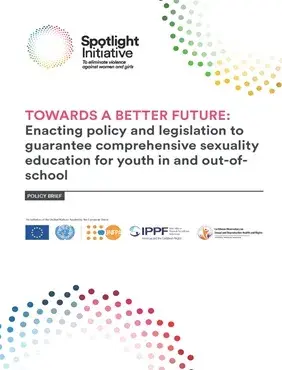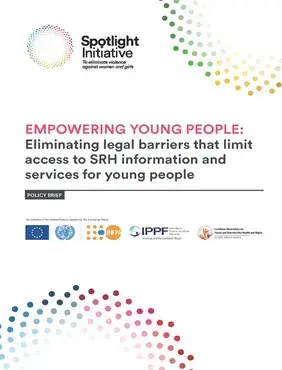Publications
Publications
Publication
COMPREHENSIVE SEXUALITY EDUCATION Guidelines and Tools for Monitoring and Evaluation for Caribbean Countries
In many of the societies from which the ancestors of Caribbean peoples came, children and adolescents were taught about human sexuality, implicitly and/or explicitly. In some insta...
Read more
Publication
Comprehensive Sexuality Education (CSE) TOOLKIT for Out-of-School Youth
Comprehensive Sexuality Education (CSE) is a curriculum-based process of teaching and learning about the cognitive, emotional, physical and social aspects of human sexuality. CSE i...
Read more
Publication
A FORMATIVE ASSESSMENT OF COMPREHENSIVE SEXUALITY EDUCATION WITHIN THE HEALTH AND FAMILY LIFE EDUCATION CURRICULUM IN THE CARIBBEAN
Sexuality is pivotal to the health of a nation. The result of healthy sexuality are citizens that are comfortable with themselves and able to make informed and responsible decision...
Read more
Annual Report
Annual Report 2023 - Moving towards the Three Zeros
As the United Nations’ sexual and reproductive health agency, UNFPA’s mission is to deliver a world where every pregnancy is wanted, every childbirth is safe and every young person...
Read more
Publication
SEXUAL AND REPRODUCTIVE HEALTH LANDSCAPE IN THE CARIBBEAN: Situational monitoring report
This Situational Monitoring Report on the State of Sexual and Reproductive Health and Rights (SRHR) in the region is the first annual report for the Caribbean Observatory on SRHR. ...
Read more
Publication
SEXUAL AND REPRODUCTIVE HEALTH LANDSCAPE IN THE CARIBBEAN: Situational monitoring - Policy Brief
Together communities, organized civil society, governments, and development partners can achieve national goals and meet regional and international commitments to end gender-based ...
Read more
Publication
TOWARDS A BETTER FUTURE: Enacting policy and legislation to guarantee comprehensive sexuality education for youth in and out-of-school - Policy Brief
Comprehensive sexuality education (CSE) is a curriculum-based process of teaching and learning about the cognitive, emotional, physical and social aspects of sexuality. It aim...
Read more
Publication
EMPOWERING YOUNG PEOPLE: Eliminating legal barriers that limit access to SRH information and services for young people - Policy Brief
Young people aged 10-24 years account for a quarter of the Caribbean population. Across the region, adolescents aged 12-16 years continue to experience disproportionate policy and ...
Read more

